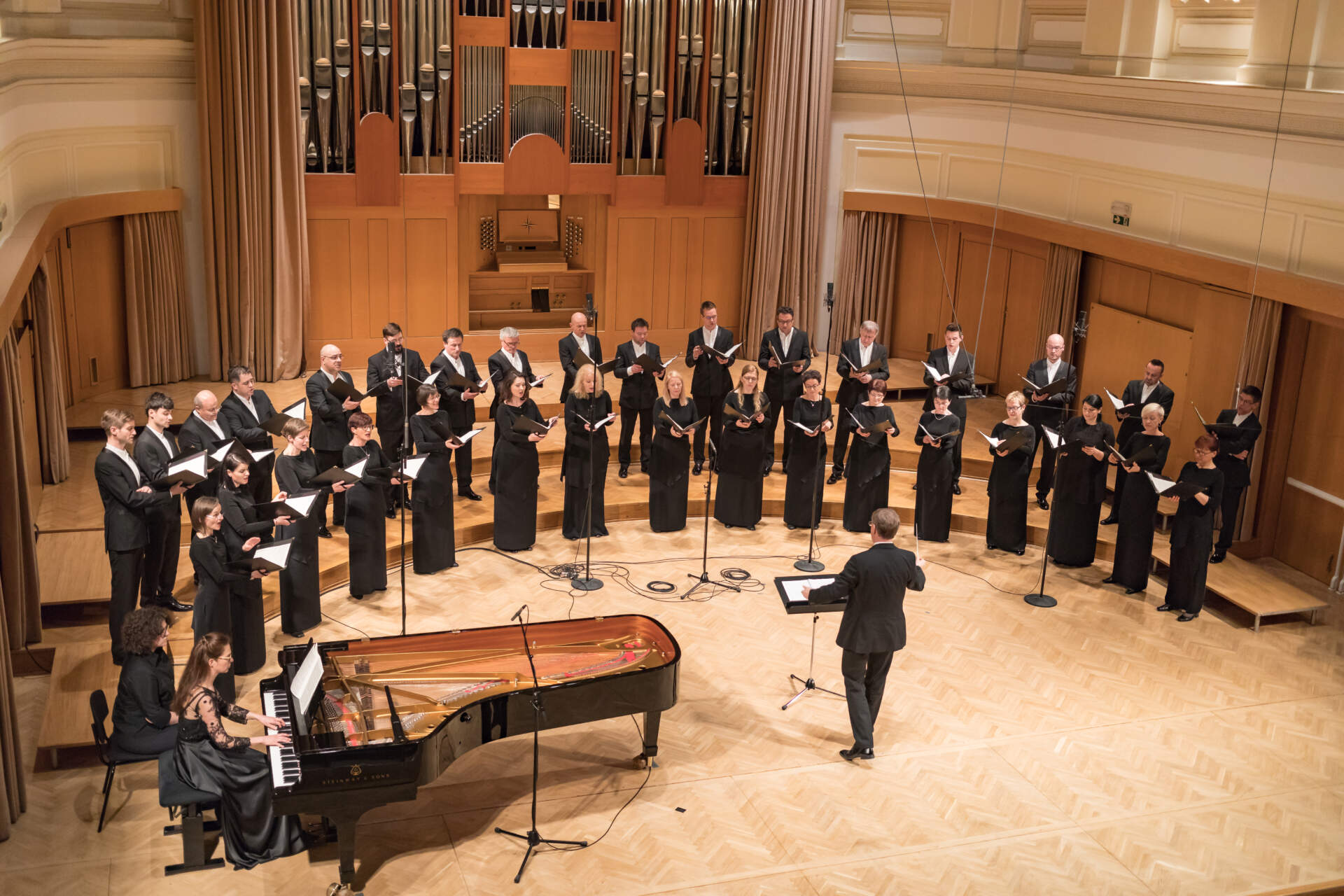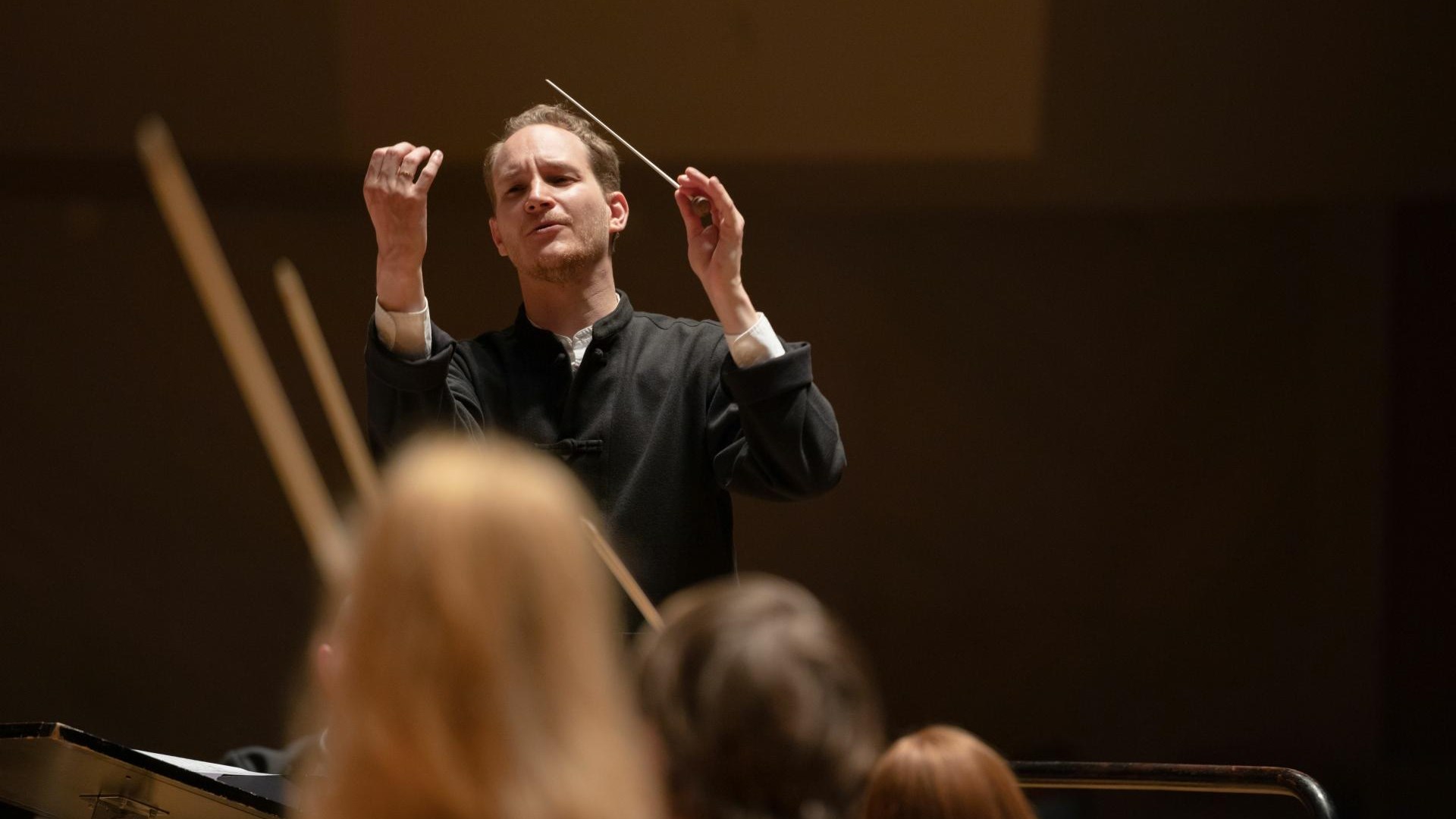More Live Music, More Empathy
It has always seemed to me that the musicians and creators of the Slovenian Philharmonic have a very special mission, and that their music is emblematic of the word communication: it means accepting challenges and discussing how to face them. Together. Above all, it means opting for the common good, for harmony and concord, rather than insisting on your own personal point of view. Together, the musicians form one, a perfect whole, which the listener perceives immediately when he or she steps into the concert hall. I should add that the music of the Philharmonic helps us to accept criticism, to open our ears, to listen and to think about what the notes have told us. Over time, we learn to get straight to the essence: to listen and to enjoy.
I’m no longer a spring chicken and I undoubtedly belong to the concert-going generation. But not only that: I’m aware of the preciousness of those moments that only live music can give us, when we enjoy what is happening on stage together with the surroundings and with other people who love the same music. Such moments are priceless, and you certainly can’t experience them in front of a computer. I hear that a big problem for classical music is the audience: fewer and fewer young people attend concerts. People simply listen to whatever they want on the Internet and don’t “waste” time going to concerts. All the more reason to explain to young people the importance of musical culture and everything that only the Philharmonic can offer.

Vzgoja bi se morala začeti že v šoli. Glasba pomaga razumeti čustva ljudi, nas uči empatije in navaja k solidarnosti in strpnosti. To so vrline, ki jih danes pogrešamo in če samo pomislimo na dogajanje pri mladini v zadnjih časih, no, potem lahko rečemo, da resnično potrebujejo stare vrednote in tudi odrasle ljudi, ki jim lahko jasno pokažejo pot do njih.

I know that a recent TV series about young musicians attracted a lot of attention, even though it may not have been entirely realistic. It would be good if young people could really understand what it means to be a musician, if they could get closer to those who literally live with music. Rehearsals are also crucial. In the Philharmonic, it’s not just a case of sitting down and playing: the musicians always go very deep, they speak about the composer and the psychological aspect of the composition. The notes tell their own story. This story is never superficial – far from it – which is why there is a little bit of us in every classical composition. The musicians try to convey the composer’s emotions to the audience. At the same time, they know how to establish contact with each other. They are empathetic, they are sensitive towards each other, they communication with each other with their eyes, they play together, but at the same time each of them has their own individual path. Well-performed music teaches us just that: listening and compromise.